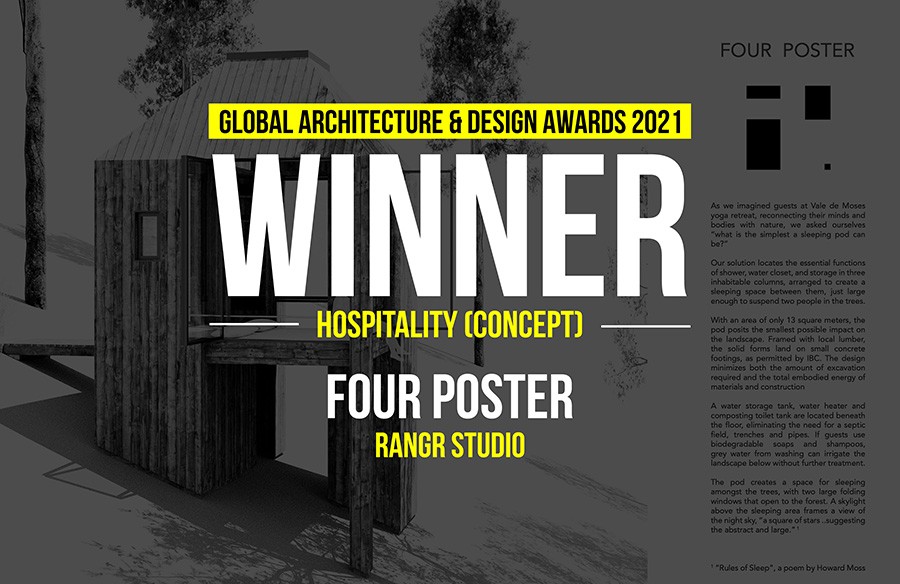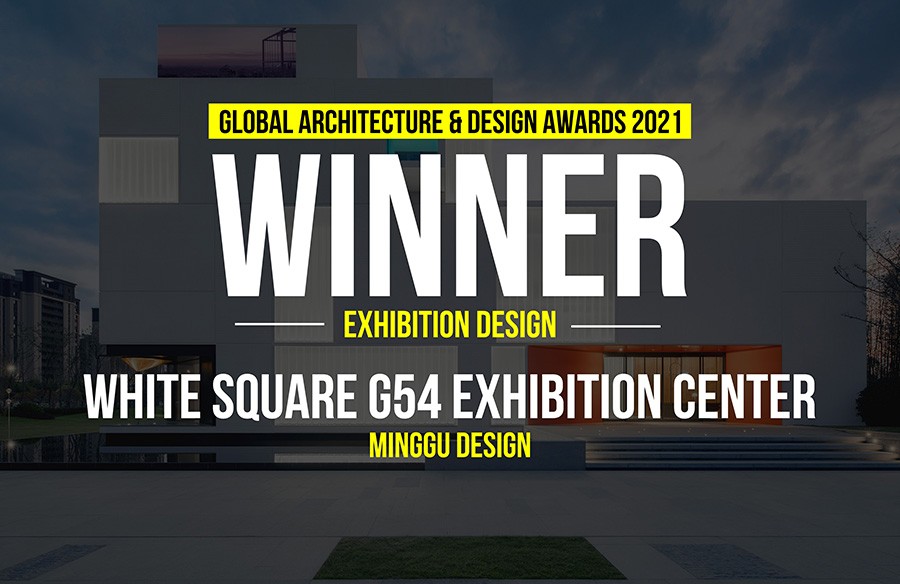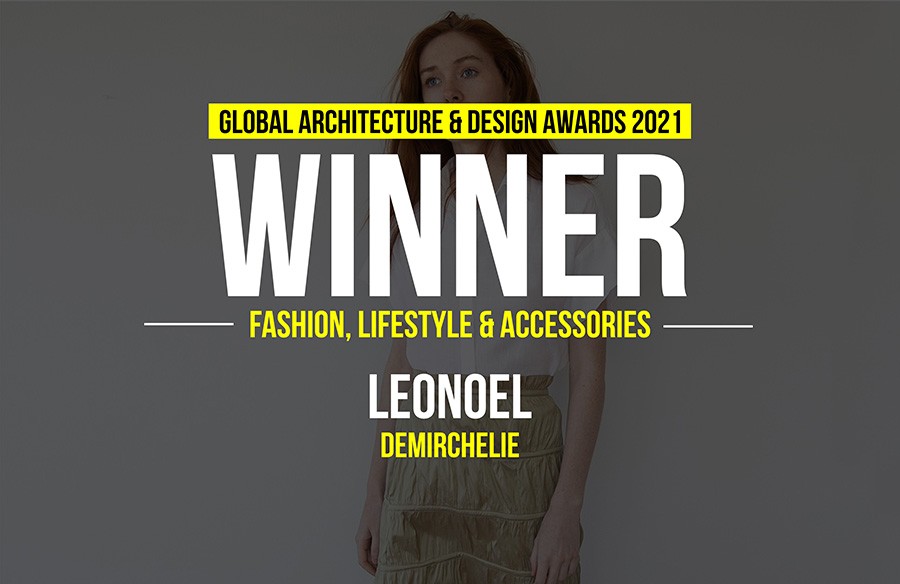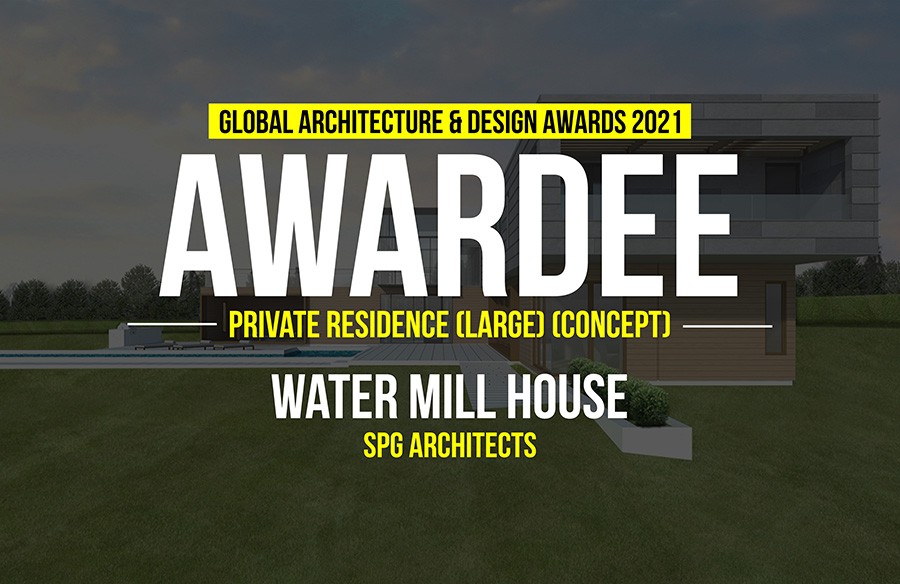The three-dimensional puzzle was designed for a university project called “Two-faced Object”, where students had to create an object which represents a transformation from one behaviour to its reverse with easy movements. Andrea has decided to take the opportunity to design not only a materialised ideology introducing the contradictory nature of modern and organic architecture but also a skill development toy for kids made of steamed acacia with the use of pure forms.
Designer: Andrea Kurko
Status: Design

According to various researches kids are the most sensitive at their early childhood (before reaching the age of 8), thus, educational toys are the most effective at this age. These kind of programmes mostly focus on the development of coordination, listening comprehension, elementary arithmetic, musical ability, writing motion coordination, visual memory, etc., while spatial perception is at the end of line.

Aiming to concentrate on the development of spatial perception and constructive creativity, the toy consists of six different shapes and forms which results in one wooden cube with an edge length of 10 cm in every direction. The different parts can be put together with metal dowels, though the pieces can be mismatched surprisingly easily.
Despite the final result being a simple cube pieced together, the toy gives space to creativity as well, as it can be shaped into all kinds of unique, playful and amusing forms.

Choosing wood as the basic material was quite important, since kids nowadays have many toys made of plastic painted with toxic dye, containing lubricants and ultraviolet stabilizer, meanwhile wooden toys embody and resemble healthy, natural homes and environment. Steamed acacia is a hardwood, a type, which is not easily damaged, does not need any chemical treatment, not to mention its lovely natural scent which gives an additional character to the object.


Andrea Kurkó
After graduating as an architectural artist, Andrea Kurkó is currently doing a master’s degree, with a specialisation in architecture and urban planning at University of Sopron, Faculty of Engineering, Wood Sciences and Applied Arts in Hungary. She spent a year in Venice, Italy, studying scenography at the Academy of Fine Arts (Accademia di Belle Arti di Venezia) which provided her new perspectives of various artistic approaches.
Her recent works mostly focus on environmental and ecological solutions on urban planning. In addition, Andrea is also interested in design on a smaller scale, such as interior design, furniture design or other creative works as seen above. Her visual works concentrate on experimental analogue photography (on topics such as the relation of people, architecture and nature), which gives her a special point of view on experiencing and understanding unique spatial and behavioural contexts.





